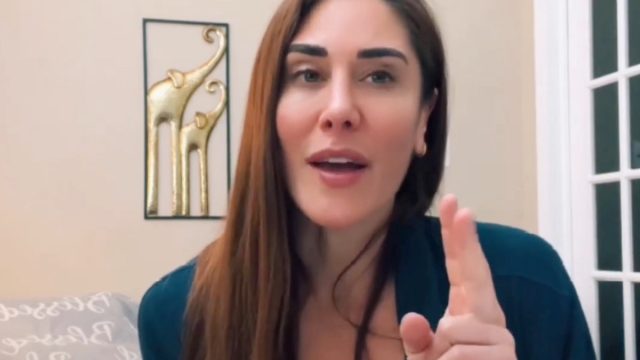I’m a Doctor and This is How I Protect My Health When I’m Stressed About Life
Here is how to keep yourself healthy, even when you are overworked.
Are you feeling overworked but don’t have any options to work less? If you are, and listen…. I get it. Your feelings are valid and warranted. As a single mother who works outside of the home, I feel you. And nothing about the current economic situation is making things any easier. Home prices are unaffordable for many. Filling up the gas tank gives me a knot in my stomach. So the question is, how do you stay healthy despite the external stressors in your life? I like to employ a combination of a tool called “radical acceptance” and the 20 tips I’m about to provide for you.
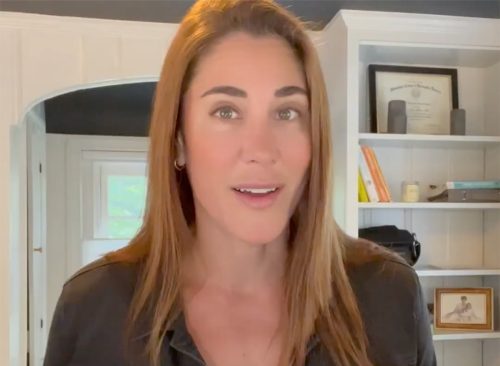
Radical Acceptance refers to the practice of fully and completely accepting reality as it is, without judgment or resistance, even if it’s difficult or painful. Radical acceptance involves acknowledging and embracing the present moment, including all its challenges and discomforts, rather than trying to change or deny it. By employing radical acceptance, we let go of the struggle against things we cannot change, allowing us to find inner peace and reduce emotional suffering. This tool is particularly helpful for managing strong negative emotions and situations that are beyond our control.
Now onto those promised 20 tips: Staying healthy involves a combination of physical, mental, and emotional well-being. Here are 20 things you can do to maintain and improve your overall health:
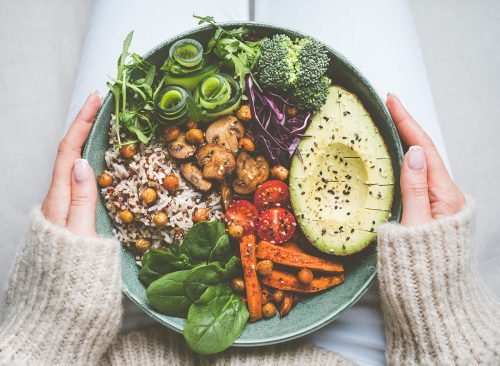
Eat a balanced diet with fat. Consume a variety of fruits, vegetables, lean proteins, whole grains, and healthy fats. Did you know that healthy fats are needed for proper brain function. Avocados, nuts, and olive oil are all in this category.

Drink water first thing in the morning. Think of how most of us sleep with our mouths open and snoring…Your body wakes up dehydrated!…Most people need ½ oz. water per pound of body weight. So if you weigh 200 pounds, you need 100 oz. water throughout the day. I start my day with 8-10 oz. water with lemon and half a teaspoon of salt, followed by another 8 oz. glass of water. This is your natural “gatorade” method that gives you the electrolytes you need without the sugar.

Exercise regularly. Aim for at least 150 minutes of moderate-intensity aerobic activity per week. Micro sessions are my strategy. I don’t have time to spend 1-2 hours at the gym… in fact, I don’t usually even go to a gym. Instead, I find blocks of 15-20 minutes and get my sweat on… even if it means kids running circles around me while I do it! If you need help getting started, check out my Youtube Channel where I have posted free 15-20 minute fitness videos & much more.

Get enough sleep. Aim for 7-9 hours of quality sleep each night. I must admit, I’m probably on the lower end of this number. And, it’s okay if you are as well, especially if you do #5 on a regular basis (next).

Manage stress. Did you know that 5-10 minutes a day of yoga and breath work will actually relax your body enough so that you need less sleep?! Practice stress-reduction techniques such as meditation, deep breathing, or yoga. Again, think micro sessions, just 5-10 minutes. Check out this short video for examples of quick breathing techniques that will change your life for the better.

Maintain a healthy weight. Balance your caloric intake with physical activity. Probiotic supplements can be helpful in both weight management and maintaining proper immune function. I alternate between a few different probiotics. Klaire Labs is one reputable brand that I use often. Click HERE to check it out.

Avoid smoking and limit alcohol consumption. Whether you like it or not, alcohol is toxic to the body and so is cigarette smoke. Don’t shoot the messenger.

Practice safe sex. Use protection and get regular check-ups for sexually transmitted infections. If you’re navigating the newly single world, be sure to have open conversations with prospective partners before having sex.

Get fresh air! Yes, even in the dead of winter, it’s important to get outside and get natural light on your skin. Light deficiency can cause depression in many. And most of us in the northern areas are vitamin D deficient. So other than taking a vitamin D supplement, natural sunlight directly on your skin is the first line of defense to keep your body functioning as a well oiled machine that it is. Click this link for one of my favorite vitamin D supplements by Designs for Health.
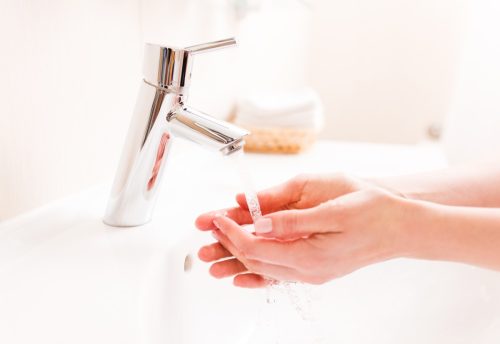
Wash your hands frequently to prevent illness. Did you know that even if there’s no soap available, simply rubbing your hands together under running water can eliminate a significant amount of pathogens?
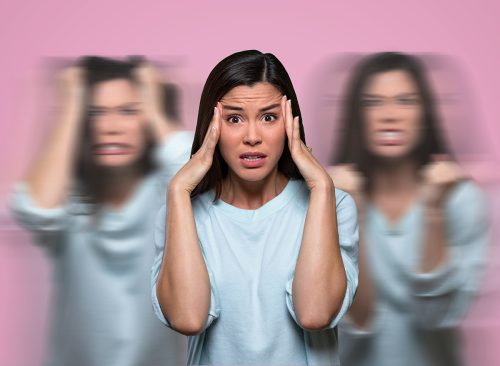
Prioritize mental health. Seek therapy or counseling if needed and practice self-care. There are so many resources these days for online therapy. I’ve heard many concerns that they’re not covered by insurance. I think it’s interesting to look at what we spend money on. How much do you spend on your cell phone or internet and cable?

Build a strong social support network. Maintain relationships with friends and family.
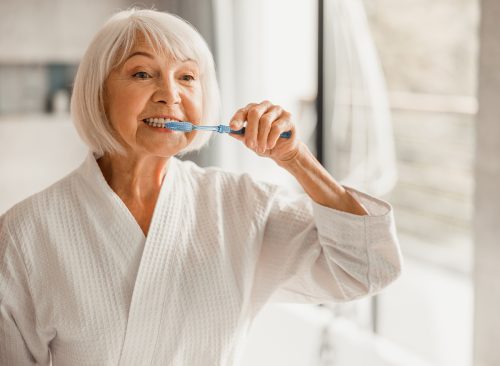
Practice good hygiene. Research shows there is a connection between periodontal disease and poor brain functioning. Brush and floss your teeth regularly, and shower daily.

Protect your skin. Use sunscreen to prevent skin damage from UV rays. The Environmental Working Group has a great online resource to check all products you may want to use on your skin or hair. Check it out here.

Limit processed foods and added sugars in your diet. Just take a second to look at the ingredient list in the food you’re buying. If it’s a long list and you can’t pronounce half of the ingredients, it’s probably best to put it back on the shelf.
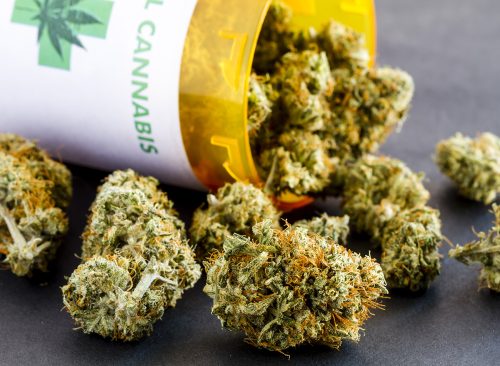
Whether you like it or not, smoking weed is NOT great for your brain. Again, don’t shoot the messenger. If you want to engage from time to time, I won’t fault you, but research repeatedly shows that using it just 3 times per week can be damaging to your brain over time.
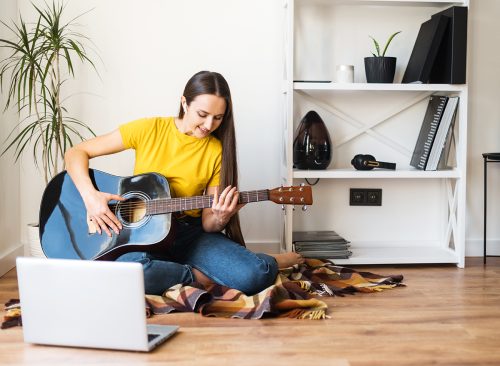
Engage in hobbies and activities you enjoy to reduce boredom and stress. If you don’t have any, find some. Try online resources such as Meetup.com to find local groups of people. As a single mom, I’ve found this resource very helpful.
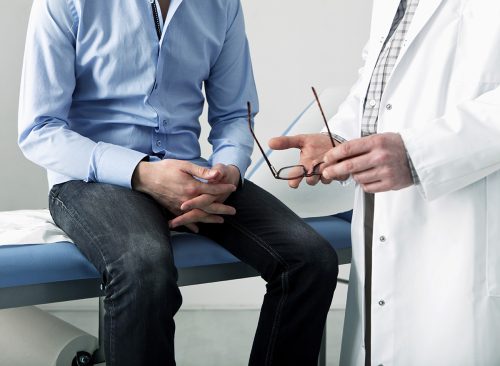
Regularly schedule health check-ups and screenings with your healthcare provider. Prevention is key.

Practice safe driving habits to prevent accidents and injuries. Wear your seatbelt and take some deep breaths. You shouting and beeping at the person in the car in front of you, who can’t even hear you, is only damaging to your mental health.
RELATED: Surprising Signs You’ve Already Had COVID
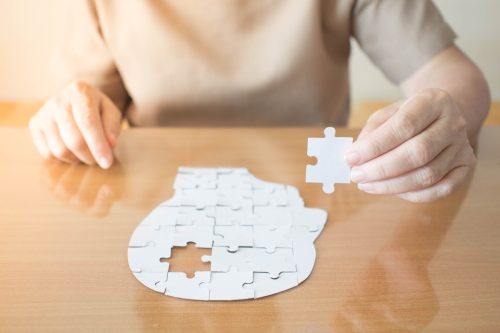
Stay mentally active. Challenge your mind with puzzles, reading, or learning new skills. I use YouTube as resource for almost everything! I even taught myself to play basic guitar from YouTube videos!
Dana Mincer, DO, is a Philadelphia family practice and urgent care physician.
